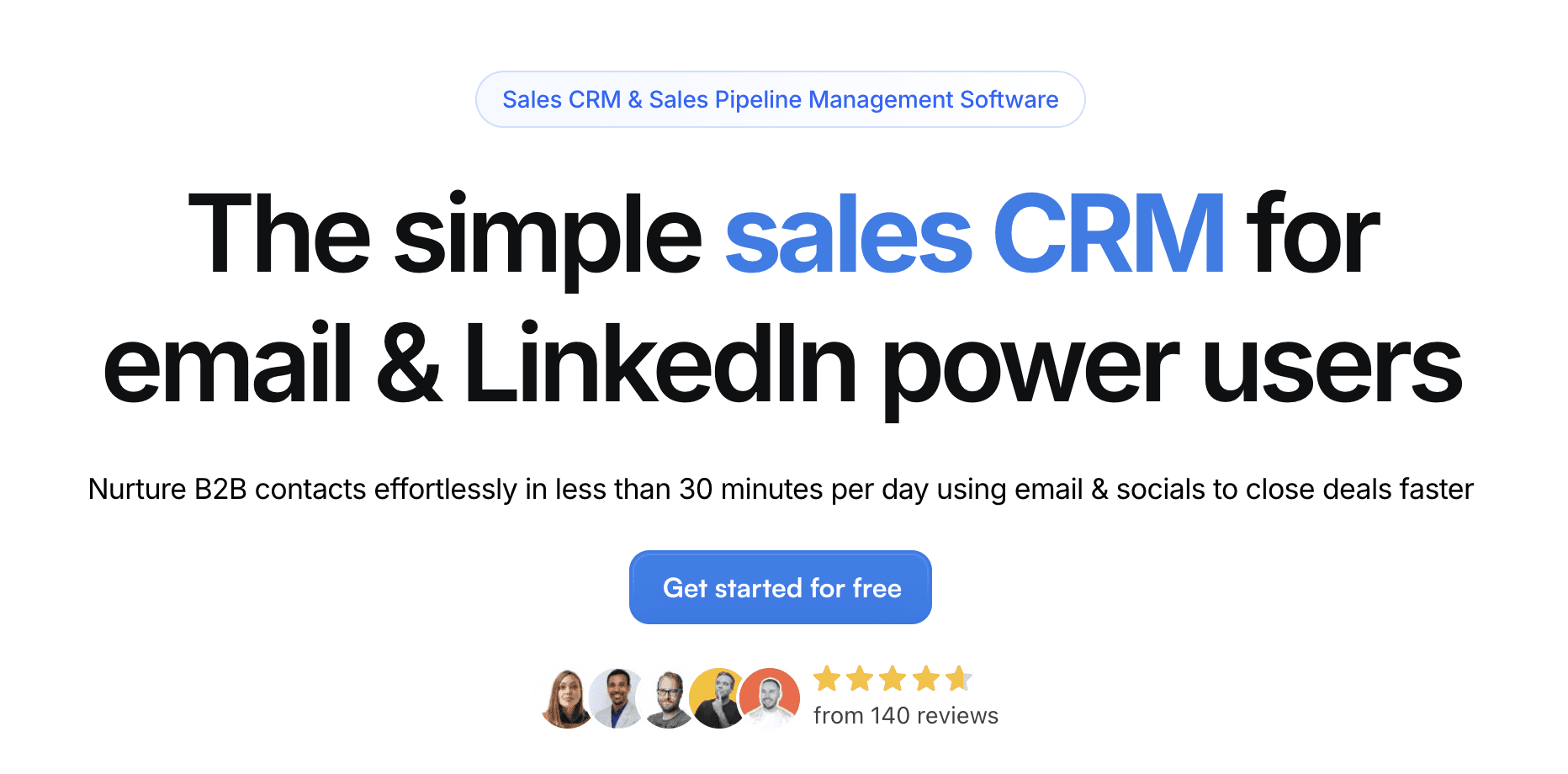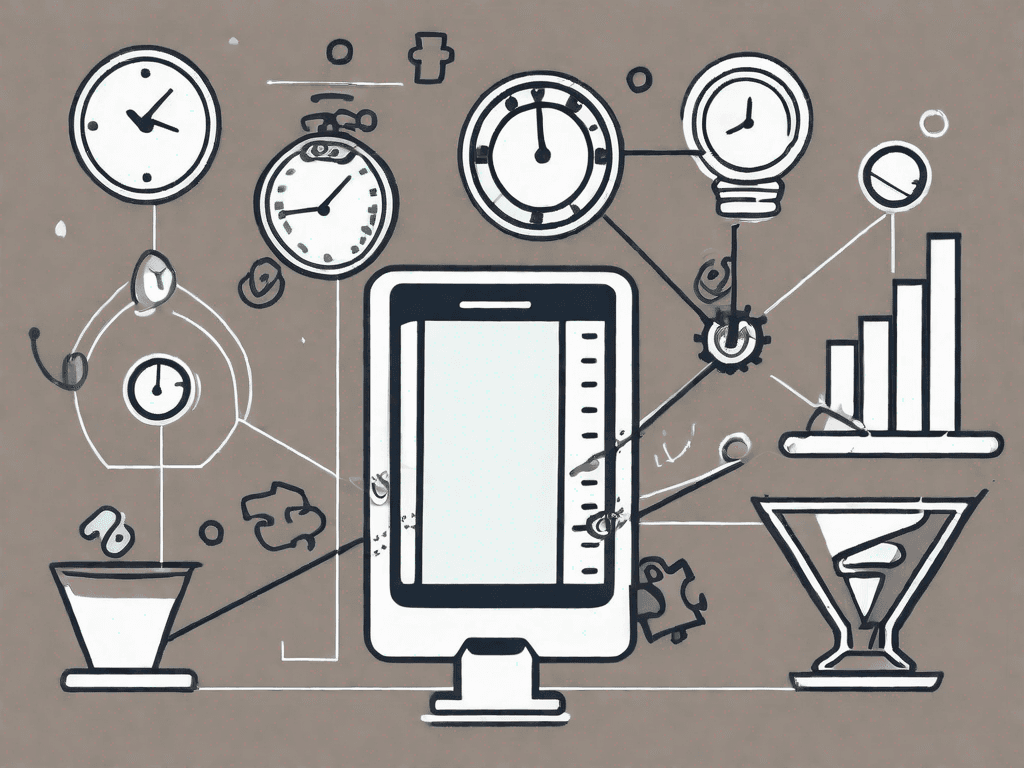An assumptive close is a sales technique where the salesperson confidently assumes the buyer’s agreement and smoothly transitions toward closing the deal. Rather than asking if the buyer is ready to purchase, the salesperson poses questions or statements that imply the decision has already been made — subtly moving the conversation forward.
This article explores what an assumptive close is, its pros and cons, and real-world examples across different industries.
1°) What is an Assumptive Close?

An assumptive close is built on the psychological principle of cognitive consistency — the idea that people want their actions to align with previous thoughts or commitments. By framing the conversation as if the buyer has already said yes, the salesperson nudges them further along the decision-making path.
🔍 Example: Instead of asking, “Would you like to buy this car?” the salesperson might ask, “When would you like to take delivery of your new car?” The assumption of agreement shifts the discussion from “if” to “how” or “when.”
1.1 - Advantages of an Assumptive Close

The assumptive close offers several advantages to salespeople:
✅ Confidence Builds Trust: Buyers are more likely to follow someone who seems confident and sure of their product. Assuming agreement can project competence and reduce decision fatigue.
✅ Shortens the Sales Cycle: By skipping lengthy objections and avoiding vague open-ended questions, the assumptive close helps move the conversation toward tangible next steps like payment or onboarding.
✅ Keeps Momentum Going: The assumptive approach prevents buyers from stalling or overanalyzing — keeping the conversation focused on the solution rather than hesitation.
1.2 - Disadvantages of an Assumptive Close

While the assumptive close can be effective in certain situations, it is not without its limitations:
⚠️ May Come Off as Pushy: If used too soon or with the wrong buyer, the assumptive close can feel forceful or presumptuous. It requires strong rapport and careful timing.
⚠️ Not Suitable for All Situations: Transactional purchases or skeptical buyers may prefer a more straightforward approach. The assumptive close works best in contexts where trust has already been built.
⚠️ Needs Objection Handling Skills: If the buyer objects, the salesperson must be prepared to pivot without appearing manipulative — offering reassurance and clarity to regain trust.

2°) Examples of an Assumptive Close
2.1 - Example in a Startup Context
Imagine a startup selling AI-powered project management software to small businesses. During a demo call, the salesperson might say:
"Would you prefer to onboard your team this week or next?"
This assumes the client is ready to sign up and shifts the focus to logistics.
They might follow with:
“I’ll send over the onboarding guide this afternoon.”
“Should we go ahead and block a training session for Friday?”
These subtle prompts signal confidence and help the buyer visualize implementation. To support this, the salesperson could reference success stories like:
“One of our recent customers saw a 30% reduction in project delays within the first two weeks.”
This reinforces value while keeping the momentum going.

2.2 - Example in a Consulting Context
A management consultant proposing a performance improvement program to a mid-sized company might say:
"Which department would you like to begin the pilot with — operations or finance?"
This reframes the conversation from deciding whether to move forward to how to roll it out.
Supporting tactics might include:
“I’ve blocked out time next Tuesday to kick off a discovery session with your ops lead.”
“I’ll prep the onboarding materials for the implementation team unless you’d prefer we start with leadership training.”
By giving the client a sense of motion and structure, the consultant reduces hesitation and keeps the decision moving toward action.
2.3 - Example in a Digital Marketing Agency Context
A digital agency pitching SEO services to an e-commerce brand might say:
"Do you want us to start optimizing your category pages first or focus on the homepage?"
This shows initiative, skips redundant questioning, and positions the agency as already part of the team.
The agency could also say:
“We’ve already started drafting keyword clusters based on your top competitors — I’ll send that over now.”
“Once we get access to your CMS, we can push the first changes by end of week.”
These kinds of assumptive steps convey competence and reliability — two factors that reduce risk in the buyer’s mind.
Final Thoughts
The assumptive close is a persuasive and proactive sales tactic that helps move conversations forward by presuming agreement. When used with care and authenticity, it builds momentum, speeds up decision-making, and increases conversions.
However, it’s not a one-size-fits-all approach — success depends on timing, trust, and emotional intelligence. When sales professionals balance confidence with empathy, the assumptive close becomes a powerful tool in their closing strategy.












































































































































































































